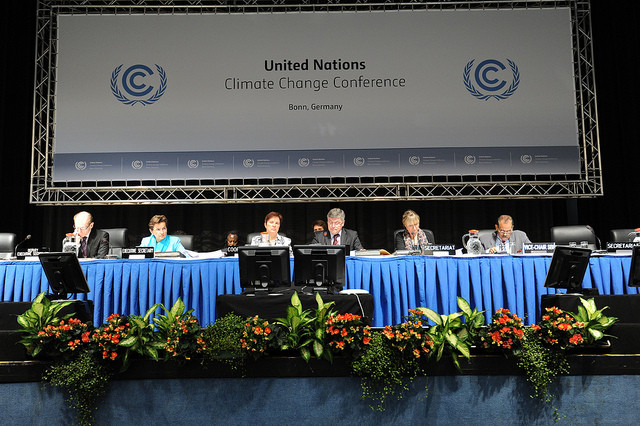Many might discount the climate change issue as an environmental problem and prioritize it less compared to political and economic issues, but there is a new report showing just how relevant climate change is to these other areas. Climate change effects, including the alarming rise in sea level and more unpredictable storm activities, can spill to the business and real estate arena. This issue requires immediate attention, something the government seems unable to do.
In particular, if the real estate industry has to prepare for the negative climate change impact, expensive investments will need to be made. Even the foundations of some of the most valuable land in the nation can be shaken. Ultimately, coastal property values will decline continuously and significantly.
Although the issue is not given enough attention, this is not the first time that it was raised. As early as 2016, New York Times author Ian Urbina claimed that climate change could swamp coastal real estate. Economists even argued that the real estate industry was not sensing the urgency of the issue.
They claimed that if the climate change problem was not going to be reversed soon, the coastal property collapse that can be triggered by it could even surpass that of "the bursting dot-com and real estate bubbles of 2000 and 2008."
Conversely, there are still those who believe that opportunities exist, not just an impending catastrophe with regard to the crash of the coastal real estate industry because of climate change.
According to Bloomberg, as the long-term outlooks for communities across the nation started to change and shift, some investors are making plays on land investment and development of flood protection mechanisms.
One prime example of an investor that viewed the issue of climate change leading to a real estate crash as an opportunity instead of a threat is Key Point Capital. After Hurricane Harvey hit in August 2017, Key Point Capital invested in hotel real estate investment trusts (REITs) all over Houston. AT the time, the value of the REITs was dropping as the typical thinking of investors was that few people would visit the place after the harrowing natural disaster.
However, Rod Hinze, the leader of the Dallas-based firm, saw through all these and viewed it as the perfect opportunity to by law. They knew demand would eventually become high from displaced residents on the lookout for shelter after the storm. He earned substantially from this. He also did the same in South Florida after Hurricane Irma hit and devastated the state. Hinze saw up to as high as 30 percent returns.
In general, however, the US government under President Donald Trump has a very lukewarm response to the urgency if the climate change issue. In an interview, he can be quoted to have said, he is not willing to sacrifice the economic well-being of the country for something so uncertain.






